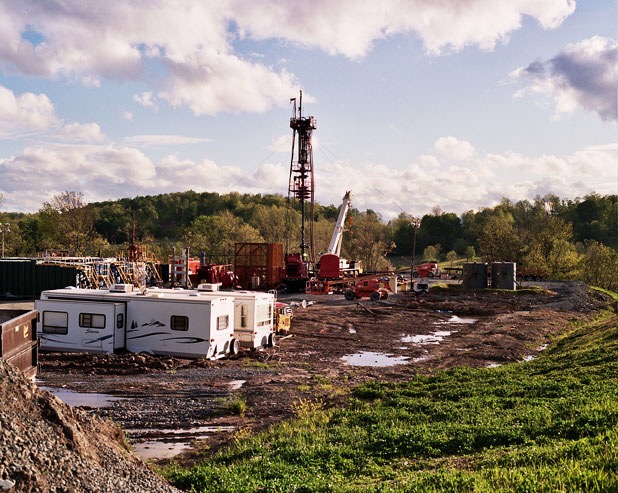What is fracking?
Hydraulic fracturing, or “fracking”, is the process of drilling and injecting fluid into the ground at a high pressure in order to fracture shale rocks to release natural gas inside.
In the UK and worldwide there are communities busily organising ‘anti-fracking’ groups, opposing the devastation of their towns and villages, against the threat of bore hole drilling and fracking.
Today, the 13th August 2015, it has been announced in the UK, that shale gas planning applications are to be fast-tracked under new government measures cracking down on councils that delay on making a decision. How does this stance align with the government’s promise to give power to local people?
So what are the dangers?
Toxic and radioactive water contamination, noise and air pollution, wells, pipelines and compressor stations devastating our countryside and blighting communities, heavy industrial traffic through our small towns and villages, the acceleration of climate change and all to produce expensive gas that will not even last a lifetime.
The fairly new gas extraction methods used for fracking are energy intensive, using almost as much energy to release the trapped gas as the gas itself will provide! The gas produced is not under pressure, it has to be forced out and multiple well sites are required which means each area that is fracked becomes one massive industrial site. Then following active use, the site is abandoned leaving behind damaged local ecology and a scar on the landscape.
An energy source promoted as a quick fix solution for 20 years or so, to get us out of a situation we have ourselves created, threatens to destroy the future for our generations to come.
Evidence shows the industry uses ‘gag’ orders to silence victims and conceal impacts. Non-disclosure settlements stop homeowners whose water became contaminated speaking publicly. Doctors in Pennsylvania, USA can access information about chemicals used in natural gas extraction — but are unable to share it with their patients. A provision buried in a law passed in 2012 ‘gags’ doctors who wish to raise concerns related to oil and gas extraction with the people they treat and the general public.
In Pennsylvania, campaigners have compiled a list of 6,000 people harmed or killed by fracking.
37 health organisations and a hundred plus medical professionals co-wrote a letter calling for a moratorium on fracking in New York. It states: “The totality of the science—which now encompasses hundreds of peer–reviewed studies and hundreds of additional reports and case examples—shows that permitting fracking in New York would pose significant threats to the air, water, health and safety of New Yorkers.”More than 100 medics and scientists in New York say fracking causes threats to air, water, health and wildlife.
What are the positive alternatives?
A report by Zero Carbon Britain, an initiative from the Centre for Alternative Technology (CAT), shows that by reducing our demand for energy through measures such as strict building standards and changing our transport infrastructure, we can power the UK purely on wind, solar, geothermal, hydro, tidal and other types of renewable energy.
Carbon neutral synthetic liquid fuel and gas would be a crucial part of the equation as they have the same chemical make-up as their fossil fuel counterparts, and can be created through a conversion process that combines hydrogen with sustainably grown biomass. This is carbon neutral, as the CO2 released from burning the fuel would be soaked up as the biomass grows.
These findings are supported in the work carried out by Mark Z Jacobson, atmospheric scientist at Stanford University and Mark A Delucchi, specialist in economic and environmental planning at University of California, Davis.
There are certainly challenges of course, however, the model demonstrates exactly how the world could run on wind, water and solar (WWS).
How do we stop it?
In order to get these unconventional fossil fuels, communities across the globe will be affected, but if we take action and refuse to be passive, there is hope that this invasion of our planet can be stopped. Towns and villages are coming together to protect their communities and the wider planet by organising pressure groups and sharing information worldwide.
Recently, there have been success stories in Lancashire, England and Llanharan, South Wales where planning permission for bore hole drilling has been rejected by the local councils. However, with the companies set to appeal and the government hardening its stance on fracking, we cannot afford to sit back, relax and allow this nightmare to happen. For the sake of our communities and the entire planet, we must unite and refuse to allow the devastation of our planet.
